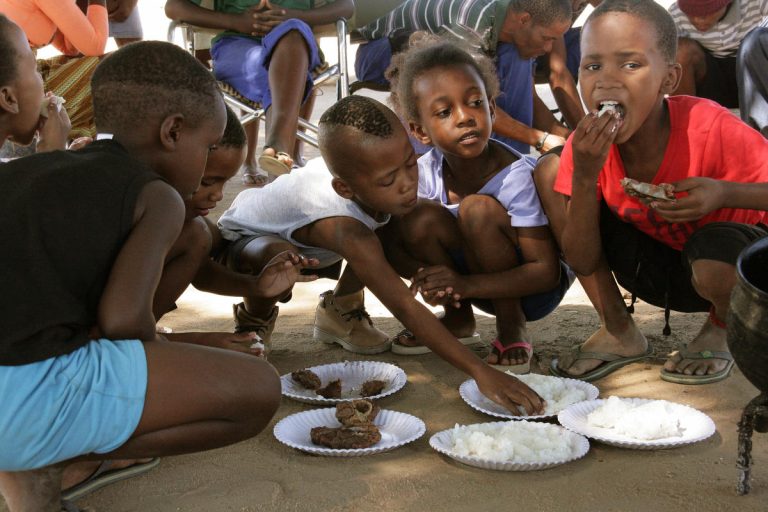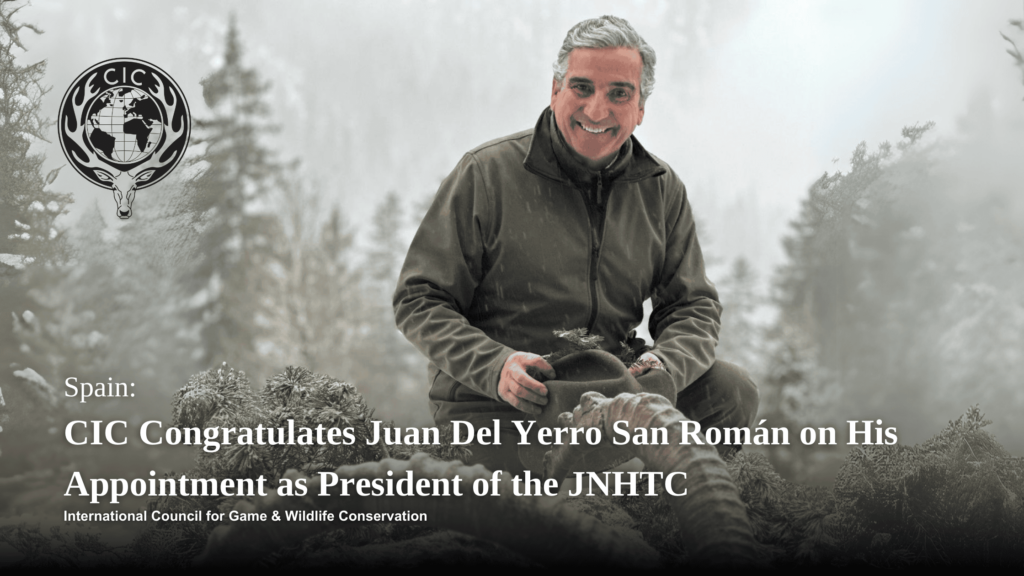Home » News & Press » Namibia: Hunting for Food Security and Safety
29 August 2024, Budapest – Namibia’s government plans to harvest hundreds of wild animals to prevent a famine caused by a severe drought. This is part of a wildlife management program aimed at addressing the country’s food security crisis and maintaining ecological balance through sustainable hunting.
1.4 million people in Namibia are suffering from hunger according to the United Nations, resulting in the country declaring a state of emergency in May. To alleviate this, the Namibian Ministry of Environment, Forestry and Tourism has authorised the culling of 723 wild animals, including elephants, zebras, hippos, and antelopes. These animals are selected from areas where their populations exceed the carrying capacity. This will provide meat to the communities most severely affected by the drought. Furthermore, this effort is aimed at reducing the suffering of animals impacted by the harsh conditions, preventing further ecological degradation.
Namibia’s conservation strategy integrates sustainable hunting and ensures that wildlife populations are managed responsibly. This program addresses human-wildlife conflicts and food insecurity, supporting both the ecosystem’s health and the population’s welfare.
The International Council for Game and Wildlife Conservation (CIC) views this approach as a responsible and effective use of natural resources, with Namibia’s Environment Ministry being a valued State Member of the CIC.
For further information, please contact: [email protected]
Additional Resources:




